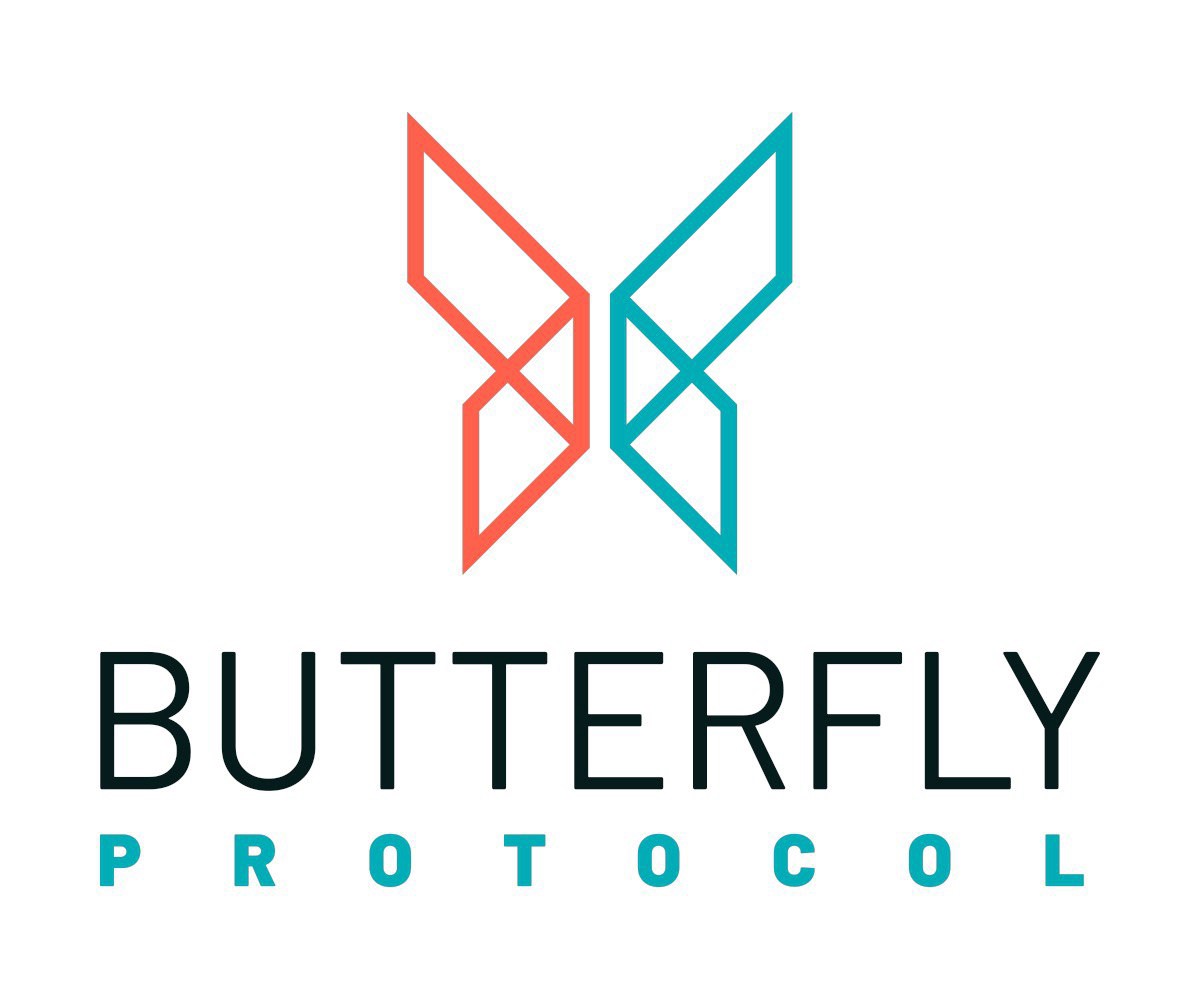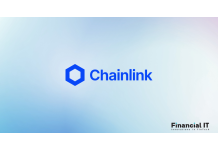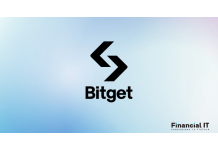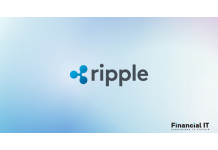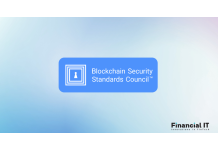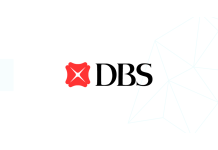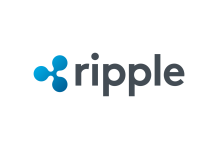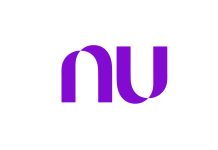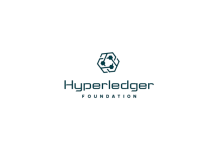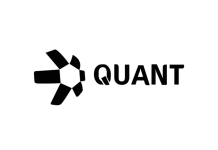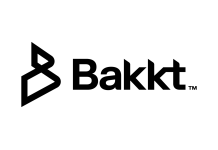Chainlink Joins Banco Inter, Microsoft And 7Comm...
- 20.11.2024 12:25 pm
Bitget Launches $100K Funding Program at DevCon 24 to...
- 05.11.2024 12:35 pm
Ripple Announces Ripple USD (RLUSD) Exchange Partners...
- 15.10.2024 01:15 pm
Blockchain Security Standards Council Announces...
- 09.10.2024 02:55 pm
Visa Introduces the Visa Tokenized Asset Platform
- 04.10.2024 10:30 am
Humans.ai Acquires TensorChain Inventors, Starfish...
- 21.08.2024 09:30 am
DBS Launches Blockchain-Powered Treasury Tokens Pilot...
- 14.08.2024 11:55 am
Ripple Announces Partnership With DIFC Innovation Hub...
- 07.08.2024 02:25 pm
Nubank Partners with Lightspark to Enhance Customer...
- 26.06.2024 08:35 am
Hyperledger Foundation Announces Six New Members,...
- 30.05.2024 10:10 am
Quant Enriches its Central Bank-grade Blockchain...
- 02.04.2024 01:25 pm
Bakkt Now Available Through Unchained’s Collaborative...
- 11.03.2024 01:20 am

